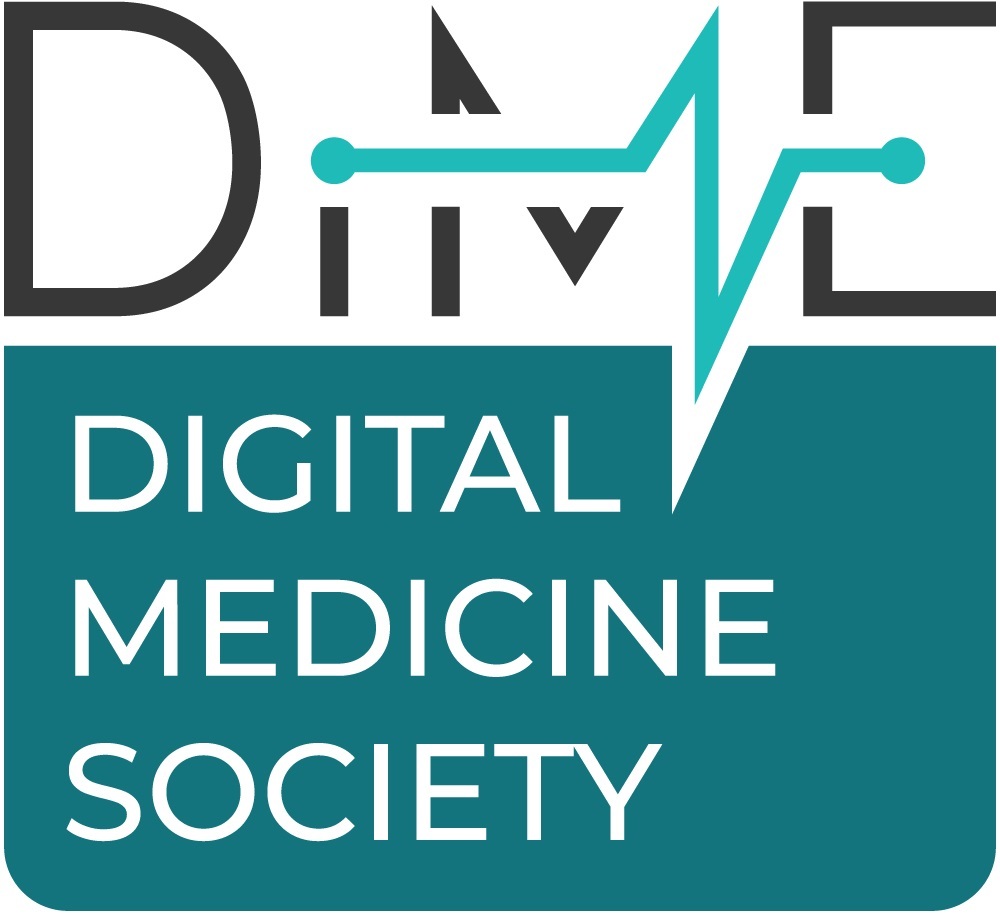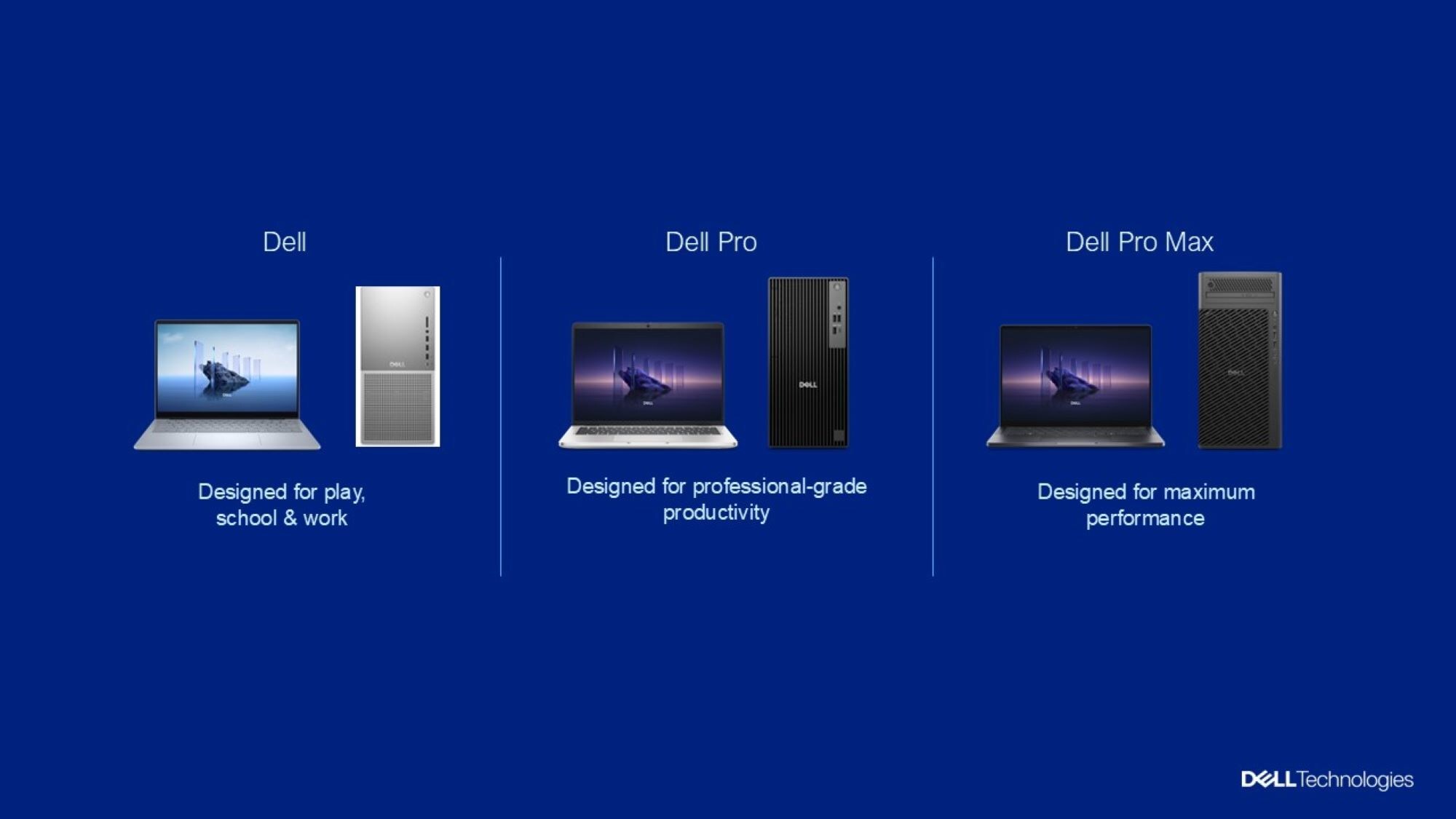The new platform launches with over 150 active users, setting the industry baseline for quality and trust
BOSTON, Oct. 16, 2024 -- The Digital Medicine Society (DiMe) is launching the DiMe Seal, a new platform to evaluate digital health software products in today's rapidly evolving market. The DiMe Seal is a symbol of quality and trust granted to digital health software products that demonstrate performance against a comprehensive framework of standards and best practices in privacy and security, usability, and evidence with equity woven throughout.
"The explosion of clinically digital health solutions is exciting but executing an effective GTM often determines which will break out. Buyers are confronted with a robust set of options and often struggle to sift through which solutions meet their purchasing criteria," says Annie Collins, Investment Partner, Bio + Health, a16z. "The DiMe Seal will give digital health innovators a shared language with their customers that helps buyers easily validate their products' security, usability, and clinical ROI."
Digital health software products have become essential tools in modern healthcare. Today there are over 400,000 health apps available directly to consumers, with over 30,000 more targeted at providers, health systems, and other enterprise audiences. These products have the potential to dramatically improve lives and our healthcare system, but it's currently difficult to distinguish between which products can help and which can harm.
"We know patients and families rely on technology not only to navigate the complexities of the healthcare system but to reduce administrative burden, improve their quality of life, and to help focus on their treatments and care. However, without proper quality standards and oversight, these tools can just as easily cause harm as they can help," said Grace Cordovano, PhD, BCPA, Patient-In-Residence, DiMe. "There are resources available in the public domain to help guide informed decision-making about things like cars, colleges, and home renovations. When it comes to navigating digital health products, there's a critical gap that leaves patients and families searching the unknown. We must prioritize getting the right tools to patients when they need them most or we as an industry risk losing trust in the transformative potential of digital health. DiMe Seal has been designed as a step in the right direction to define what good looks like with respect to digital health products."
Developers are also affected by the lack of commonly accepted benchmarks of trustworthiness. Those who are building software and trying to meet the needs of downstream users are doing so without transparent buyer expectations. And developers who are implementing best practices struggle to differentiate themselves in a crowded market.
Now, a developer can apply for the Seal for their digital health software products online through a series of attestations and questions that incorporate complementary industry standards like SOC 2 Type II, HITRUST, Carin Code of Conduct, WCAG, ISO 27001, and more. If their product meets baseline criteria of evidence, privacy, and security standards, it is granted the DiMe Seal, a symbol that the software is quality and trusted.
Health systems, providers, patients, and the general public can also access and search the freely available database of products on the DiMe Seal's website to view which meet baseline standards. This will help inform their decisions about which tools to use for their care.
"Until now, there was no standard or efficient way to evaluate digital health software products," added John Brownstein, Chief Innovation Officer, Boston Children's Hospital. "We spend countless hours vetting products, often using different criteria from organization to organization and provider to provider, which takes us away from the roles we were hired to perform. We need a new way to advance digital innovation and get the best products into the hands of the providers and patients who will benefit from them."
The DiMe Seal standards were developed in collaboration with more than 150 industry experts and after the review of nearly 50 regulatory guidances, over 100 industry standards and quality programs, and over 1,000 scientific articles. DiMe also convened hundreds of cross-disciplinary experts from all corners of the digital health software ecosystem – including clinicians, developers, regulators, payers, and patient advocates – to create DiMe Seal's comprehensive framework.
At launch, over 150 developers have signed up and over 50 products are being evaluated for the DiMe Seal, ranging from apps for glucose monitoring to platforms that integrate data and digital interventions to improve patient outcomes. Later this year, DiMe will launch a benchmarking database to compare categories of products and further meet the needs of end users by including details on regulatory status, common therapeutic areas, and more. For more information about the process or to apply for the DiMe Seal, please visit: http://dimesociety.org/dime-seal.
The DiMe Seal is supported by the expertise of members of its Governance Committee, including:
- Kate Berry, Senior Vice President Clinical Affairs and Strategic Partnerships, America's Health Insurance Plans (AHIP)
- John Brownstein, Senior Vice President and Chief Innovation Officer, Boston Children's Hospital
- Aneesh Chopra, Chief Strategy Officer, Arcadia
- Molly Coye, Executive in Residence, AVIA and Executive Advisor, Redesign Health
- Annie Collins, Investment Partner, Bio + Health, a16z
- Grace Cordovano, Co-founder, Unblock Health and Patient in Residence, Digital Medicine Society
- Jackie Gerhart, Physician and VP of Clinical Informatics, Epic
- Stephen Hughes, Director of Healthcare IT Policy, American Hospital Association
- Shaye Mandle, Executive Director, AdvaMed Digital Health Tech
- Adrienne McFadden, Vice President and Chief Medical Officer-Medicaid, Elevance Health
- Kimberly McManus, Deputy Chief Technology Officer - AI and Deputy Chief AI Officer, US Department of Veterans Affairs
- Rene Quashie, Vice President of Digital Health, Consumer Technology Association
- Sameer Sood, Co-founder and CEO, FwdSlash and Interim Medical Department Head, Kramer Davis Health
- Daryl Tol, Head of Health Assurance Ecosystem, General Catalyst
- Cole Zanetti, Chief Health Informatics Officer and Senior Medical Advisor for Integrated Veteran Care, US Department of Veterans Affairs and Professor of Digital Health & Director of the Digital Health Track, College of Osteopathic Medicine, Rocky Vista University
About the Digital Medicine Society: DiMe is a global non-profit and the professional home for all members of the digital medicine community. Together, we tackle the toughest digital medicine challenges, develop clinical-quality resources on a technology timeline, and deliver these actionable resources to the field via open-source channels and educational programs.
This News is brought to you by Qube Mark, your trusted source for the latest updates and insights in marketing technology. Stay tuned for more groundbreaking innovations in the world of technology.









